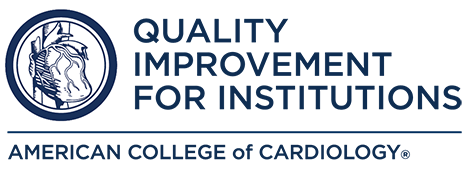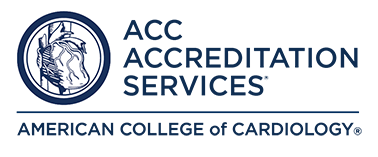Early Heart Attack Care (E.H.A.C.) Education
Training Your Community to Save Lives
Early Heart Attack Care™ (E.H.A.C.®) education is a vital public awareness campaign created by Dr. Raymond Bahr aimed at educating individuals about the early signs and symptoms of heart attacks. By recognizing these early indicators, individuals can take action to prevent a more severe heart attack or cardiac arrest.
Who Can Participate in E.H.A.C.?
Over 3 million individuals have taken the E.H.A.C. pledge, committing to recognizing early heart attack symptoms and taking proactive steps to seek timely medical care.
E.H.A.C.® is available to the general public. Anyone can participate in E.H.A.C. education, gaining essential knowledge to promote awareness on the early warning signs of heart attack. Early detection and intervention is paramount in a person's outcome. The use of the knowledge gained from E.H.A.C. education has the potential to save a life.
In addition, E.H.A.C. is an essential component of the American College of Cardiology's (ACC) Chest Pain Center Accreditation. As part of the initiative, materials have been developed to help hospitals and health systems educate their staff and communities on identifying early heart attack symptoms.
E.H.A.C. Resources
E.H.A.C. is a fully developed outreach program with materials and information available for review and download.

